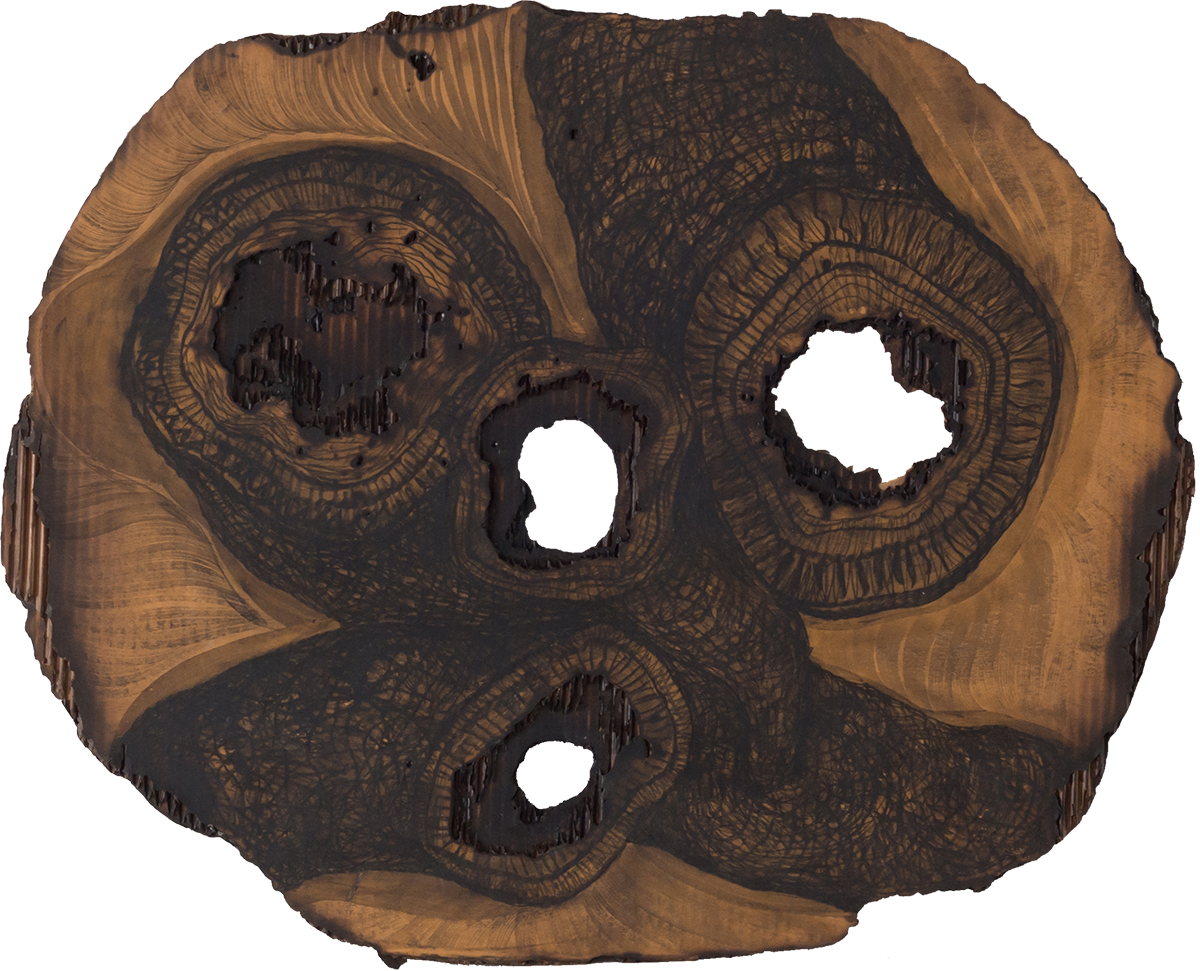Upper Level Seminar:Cultural Heritage and Post-Genocide Memory in Cambodia

As crises of public health, racial injustice, and economic recession spread worldwide, millions are expressing distress, conflict, and vulnerability. This mélange of unnerving emotions is hardly new for Cambodians. Between 1975-79, when the Khmer Rouge ruled Cambodia about a quarter of the country's population died of infectious diseases, weapon wounds, and malnutrition. Studying the visual culture of Cambodia and its diaspora allows us to encounter the still-fresh scars of the genocide and of related upheavals and to critically appreciate strategies evolved to nurture resilience. Participants in this curatorial seminar will have the unique opportunity of participating in the conceptualization and organization of a special exhibition on cultural heritage and post-genocide memory in Cambodia scheduled to open at the University of Michigan Museum of Art (UMMA) in Winter 2024.
Textbooks/Other Materials: TBD.
Advisory prerequisite: Students wishing to enroll for this course should have taken at least one prior course in Asian anthropology/art history/culture/history/anguage/law/literature/music/religion/politics/or in a related field prior to enrolling for this course.
Class Format: One three hour class meeting per week.
Estimated Cost of Materials: $0-100
Meets with HISTART 689.003 and SEAS 655.001